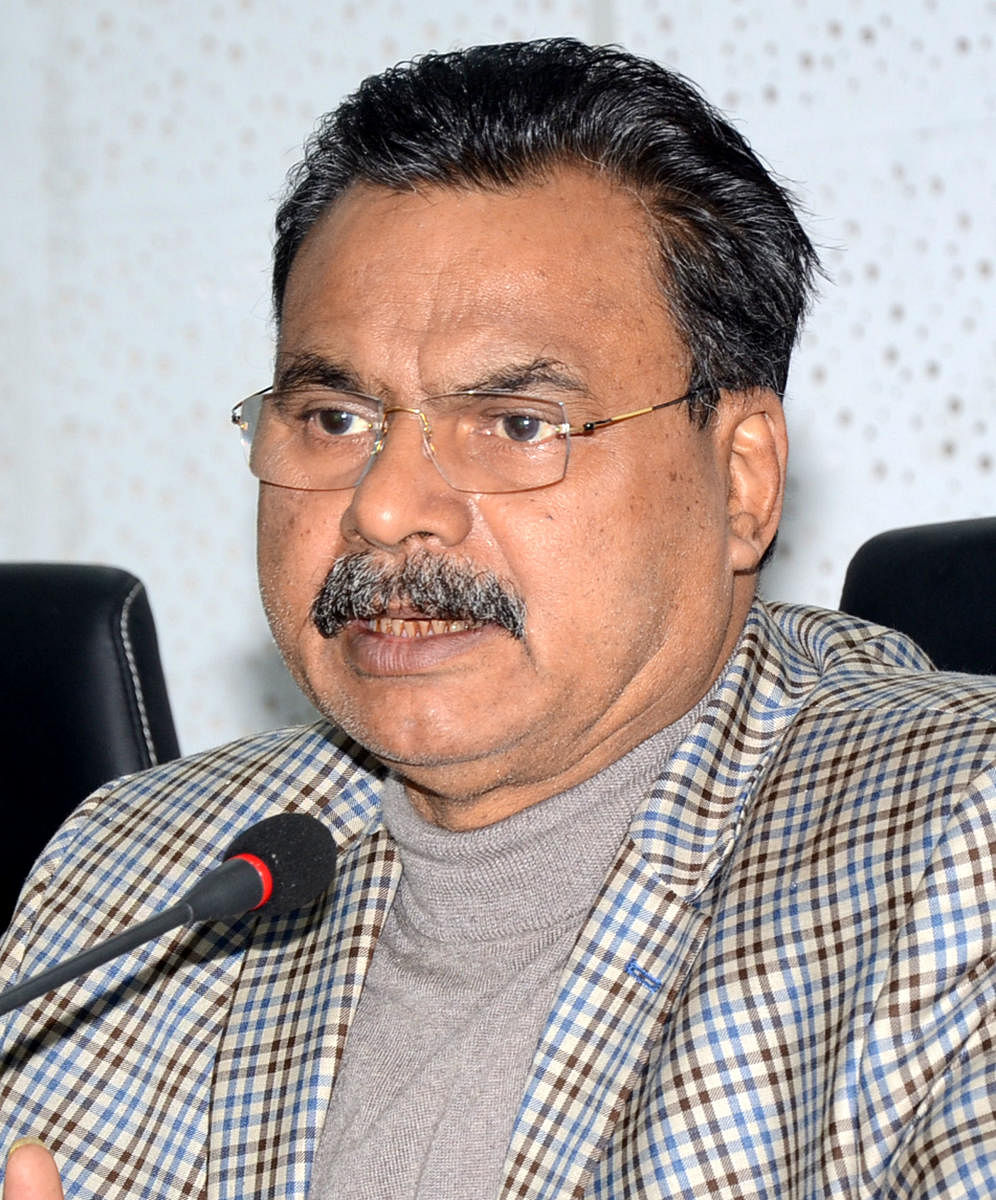
Two days after senior BJP leader Himanta Biswa Sarma announced to table the figure of Hindu Bengalis excluded from the updated final NRC in the Assembly, the Assam government on Saturday said it has no information of those left out of the controversial document.
In a written reply to a query by Congress MLA Nurul Huda in the Assembly, Parliamentary Affairs Minister Chandra Mohan Patowary said the Office of the National Register of Citizens (NRC) Coordinator has not shared the data of 19,06,657 excluded people with the state government.
"That is why the government has no information on this issue," the minister said on behalf of Chief Minister Sarbananda Sonowal who holds the Home portfolio.
Once the information is received from the NRC Coordinator's office, the state government will initiate necessary steps, Patowary said.
Sarma on Thursday told reporters outside the House that the Assam government has decided to table the district- wise figure of Hindu Bengalis excluded from the final NRC list during the ongoing Winter Session of the Assembly which is scheduled to come to an end on December 6.
It has been alleged from various quarters that a large number of Hindus have been excluded from the updated final NRC published on August 31.
Union Home Minister Amit Shah had announced in Rajya Sabha on November 20 that the NRC updation process will be carried out afresh in Assam concurrently with the rest of India. On the same day, Sarma said the state government has requested Shah to reject the NRC in the current form.
Patowary on Saturday also said the Assam government has no information that any person from the state has been harassed in other Northeastern states such as Meghalaya, Nagaland, Arunachal Pradesh and Mizoram over whether his or her name was included in the NRC.
The state government also does not have any information on reports that 223 Assamese people were expelled from Meghalaya for failing to prove that their names were included in the document.
The Supreme Court-monitored NRC updation exercise, aimed at identifying illegal immigrants, mostly from erstwhile East Pakistan (present-day Bangladesh), was carried out in Assam which has been facing an influx of people from the neighbouring country since the early 20th century